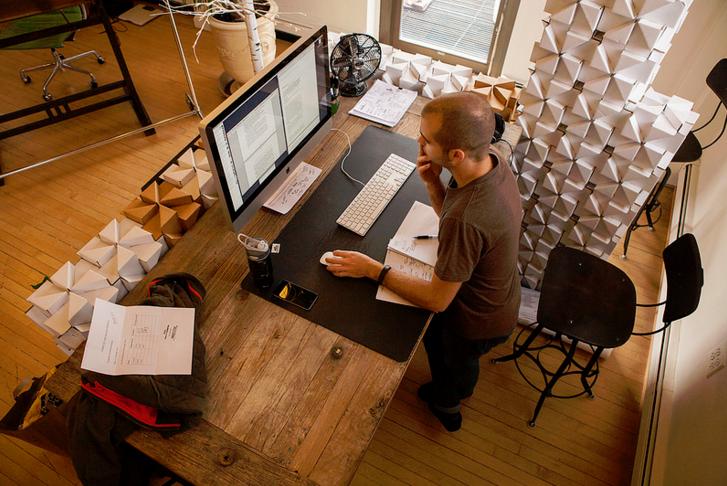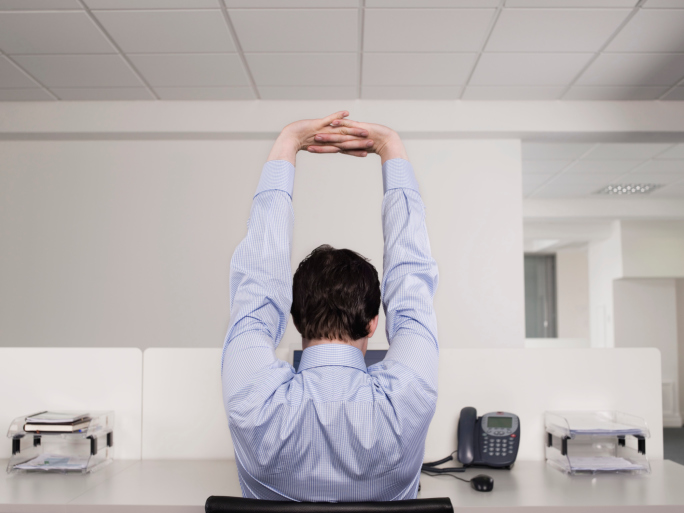New study: The more you stand at work, the more likely you’ll sit at home


A new study led by Loughborough University suggests that standing during work hours may not be as beneficial as once believed.
The study concludes that the more workers stand at work, the more likely one is to become sedentary during non-working hours, which researchers call the compensation effect.
Workers were given a sit-to-stand workstation for a three-month period with each participant wearing a positional tracking sensor for 24 hours. The study found that the 40 participants reduced sitting time by 20 per cent while at work.
Researchers also found that participants were slightly more sedentary during non-working hours following periods of workstation use. The study concludes that breaks during use of sit-to-stand workstations should be accompanied by breaks of light activity during non-working hours.
RELATED: The truth about: Standing desks.
Fortunately, if you’re an evening runner, you’ll be reducing the compensation effect by partaking in activity that breaks up sedentary habits.
Standing desks have seen a spike in popularity in recent years for its apparent health effects as continuous sitting has been linked to an increased risk of type 2 diabetes, heart disease and cardiovascular disease.
Cover photo: Juhansonin via Flickr


